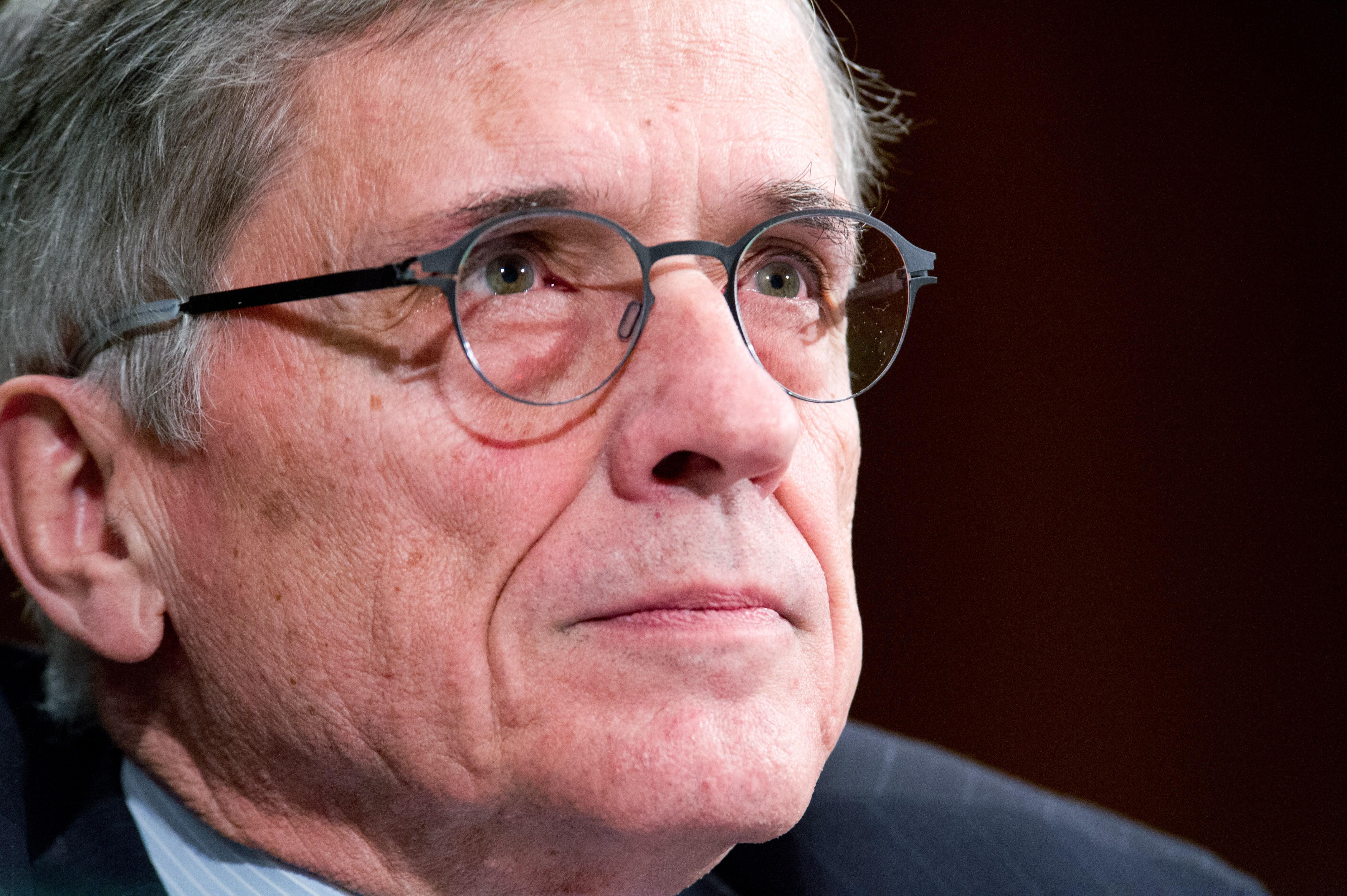In 2008 and 2012, President Obama campaigned on the incredibly popular idea of network neutrality—a law that would forbid phone and cable companies from changing the Internet and charging websites new tolls, and different tolls for new fast lanes and slow lanes on the internet. Yet yesterday, the New York Times reported that the man Obama appointed as chairman of the Federal Communications Commission, Tom Wheeler, has made a complete turnaround on network neutrality. He is now proposing rules that authorize massive discrimination by cable and phone companies, legalizing new tolls on tech companies, and pretty much putting our entire Internet economy under the control of a few politically connected, powerful phone and cable companies.
Understandably, the Internet exploded.
You don’t know the half of it. It’s even worse than you realize. The rules on paper are bad, and their enforcement will be even worse. That’s because you would need a small army of telecommunications lawyers and economists to bring a case under the new rules.
I have not seen the actual language in his proposal (it won’t be made available to the public until May 15), but any decent telecommunications lawyer can predict exactly what is in the order, based on this one fact: The chairman is proposing to adopt the rules under Section 706 of the Telecommunications Act of 1996.
What would Sherlock Holmes do with such an intriguing, completely geeky clue? How will this destroy the Internet, you ask?
First, let me give away the ending first, and then I’ll explain how the clue revealed it all to me.
This is what we already know. The FCC is going to propose that cable and phone companies such as Verizon, AT&T, and Time Warner Cable are allowed to discriminate against them, giving some websites better service and others worse service. Cable and phone companies will be able to make preferred deals with the companies that can afford to pay high fees for better service. They will even be allowed to make exclusive deals, such as making MSNBC.com the only news site on Comcast in the priority tier, and relegating competitors to a slow lane. The FCC is authorizing cable and phone companies to start making different deals with thousands or millions of websites, extracting money from sites that need to load quickly and reliably. So users will notice that Netflix or Hulu works better than Amazon Prime, which buffers repeatedly and is choppy. New sites will come along and be unable to compete with established giants. If we had had such discrimination a decade ago, we would still be using MySpace, not Facebook, because Facebook would have been unable to compete.
The chairman believes he can help us in one way: He will make sure all these highly discriminatory new tolls are “commercially reasonable.” Will that matter? No. Commercially reasonable deals won’t be measured by the market. If Amazon is paying twice what eBay is paying, the FCC will only make sure each price is reasonable, not that the prices are nondiscriminatory.
So here’s where it gets even worse than you thought. The FCC will propose an incredibly vague and complicated multifactor test, one that takes into account the market conditions, technology, alternatives available to each side, competitive dynamics. This is the kind of stuff that requires very expensive expert witnesses in very expensive legal proceedings. There may be up to 16 factors listed, plus a catch-all for “other factors.”
So, according to the FCC, when Verizon discriminates against a startup, we shouldn’t be alarmed, because (while being discriminated against), this startup can hire a lot of expensive lawyers and expert witnesses and meet Verizon (a company worth more than $100 billion) at the FCC and litigate this issue out, with no certainty as to the rule. The startup will almost certainly lose either at the FCC or on appeal to a higher court, after bleeding money on lawyers.
How do I know this? The FCC doesn’t have any power except the power granted by Congress in a collection of permission slips (called laws). Section 706 is one of those permission slips. The problem is: You can’t do network neutrality under Section 706. Back in January, the D.C. Circuit struck down the FCC’s last attempt at net neutrality, saying that Section 706 does not permit the commission to stop discrimination.* It pointed to another legal decision, concerning data roaming, in which the FCC adopted a 16-factor test like the one I explained above. Based on an earlier case, the FCC can probably ban one or two specific practices, such as blocking certain websites or applications. That’s about it.
Essentially, the FCC chairman is acting like a developer saying, “I’m going to build you a skyscraper!” And then he shows you the building permit. It only lets him build a two-story hut. And a dangerous one.
The FCC could adopt network neutrality if it took a different course, relying on Title 2 of the Communications Act. But so long as the FCC keeps claiming it will act under 706, the rules will be bad and the enforcement mechanisms even worse.
Disclosure: The author is a lawyer who has advised startups and nonprofits on net neutrality issues.
*Correction: This blog post originally stated that Section 706 does not permit the FCC to stop nondiscrimation. Section 706 does not permit the FCC to stop discrimination.
